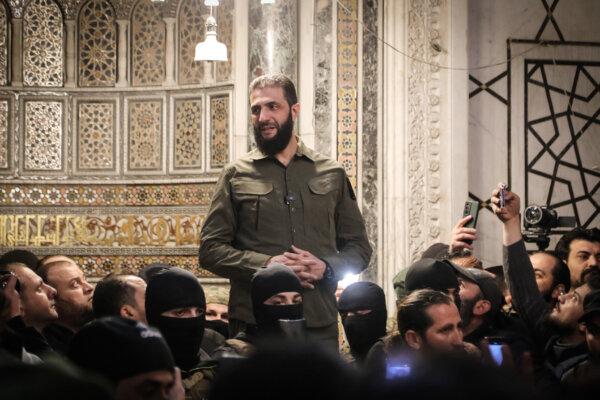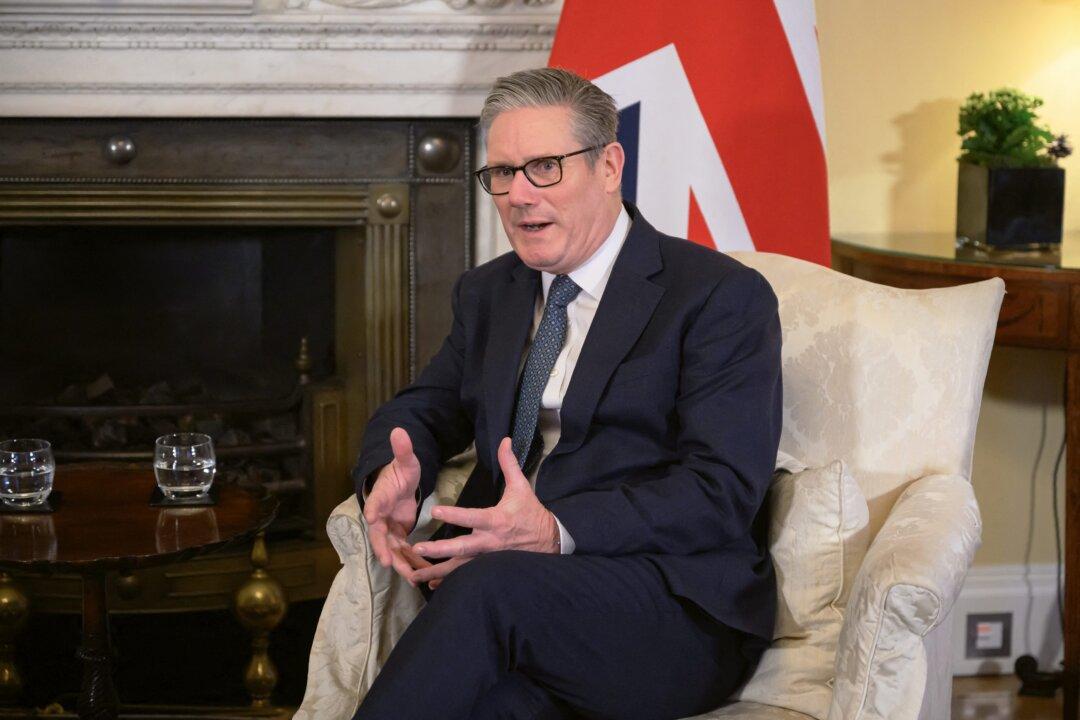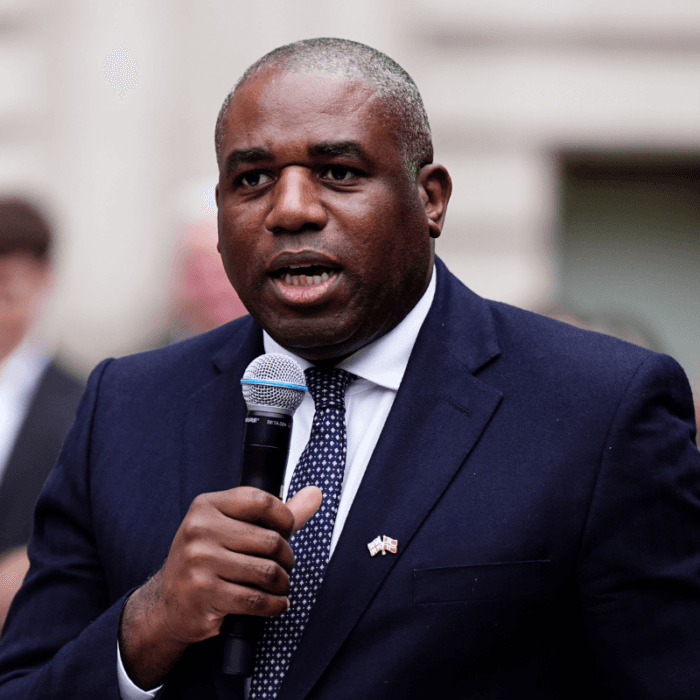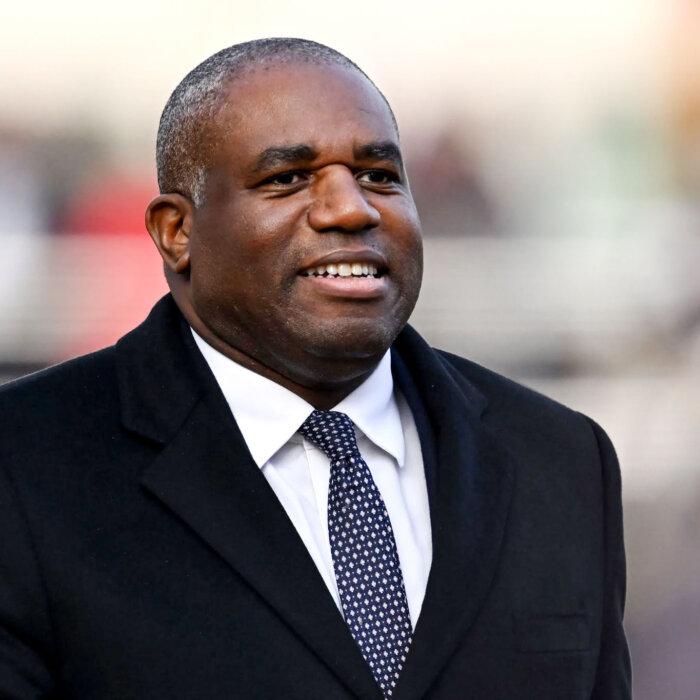The UK needs diplomatic contact with leaders in Syria to ensure “what comes next is better,” Prime Minister Sir Keir Starmer has said.
“That also includes talking to some of those on the ground,” he said, continuing that “those conversations need to be had to ensure that, if it is possible, we have a regime that complies with international law and protects the rights of civilians and minorities, and that this can be a genuine and real turning point for Syria.”
The prime minister described the situation in Syria as “fast moving” and that “the speed at which [Bashar al-]Assad fell was not foreseen by many.”
“It is a good thing, but we must not make the mistake of thinking that what comes next is necessarily going to be different and better, because we have made that mistake before, in my view,” the prime minister said, likely alluding to other regime collapses in the region which were followed by instability and ongoing conflict such as in Libya and Iraq.
Less than two weeks ago Assad was ousted, bringing an end to 54 years of rule by the Assad family.
Legitimising Terror Group
Separately, shadow foreign office minister Wendy Morton questioned minister for development Anneliese Dodds in the House of Commons on whether the government was engaging with HTS prematurely.Morton said on Thursday, “The government need to be extremely careful, because by dealing with HTS and publicly doing so, there is a risk of legitimisation of the organisation and its position in Syria.”
“These are very early days in the new post-Assad reality, and we need to judge HTS by its actions, not its words,” she added.
Dodds responded that HTS being proscribed “does not prevent the UK from engaging with it in our efforts to help secure a political settlement, or from engaging with any future transitional government in Syria that includes HTS.”
Human Rights
Dodds added that the government would be guided by a set of principles for any diplomatic interaction with the interim Syrian authorities, “with inclusion and the protection of human rights as key considerations.”She said: “We are hopeful that anyone seeking a role in governing Syria will demonstrate a commitment to: the protection of human rights, including for women and girls; unfettered access for humanitarian aid; the safe destruction of chemical weapons stockpiles; and combating terrorism and extremism.
“The UK urges the transitional government to adhere to those principles to build a more hopeful, secure, and peaceful Syria.”

In 2014, al-Sharaa said he wanted to see Syria governed under Islamic law and that there was no room for Christian, Druze, Alawite, and Shiite minorities.
£61 Million Aid Package
The government has committed £61 million in aid to Syria in total, after more was announced following the government’s initial pledge of £50 million last weekend.The funds will be going on food, health care, shelter, and other forms of aid, as well as contributions to the World Food Programme and the U.N. refugee agency UNHCR, which are supporting Syrian refugees in the region.
Announcing the aid package, Lammy said that the fall of the Assad regime “provides a once-in-a-generation chance for the people of Syria.”
He added that the UK was committed to “working diplomatically to help secure better governance in Syria’s future.”
He said: “Thus far, HTS has offered reassurances to minorities in Aleppo, Hama, and Damascus. They have also committed to cooperating with the international community on monitoring chemical weapons.”
“We will judge HTS by their actions,” he said.







